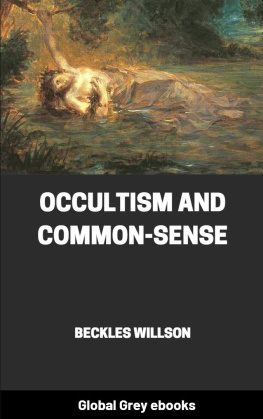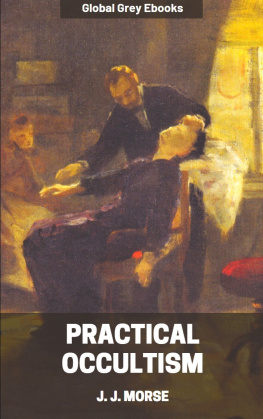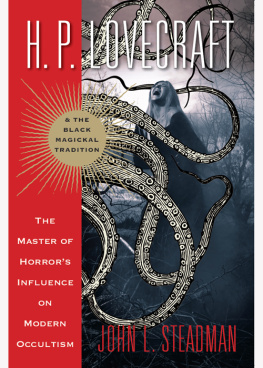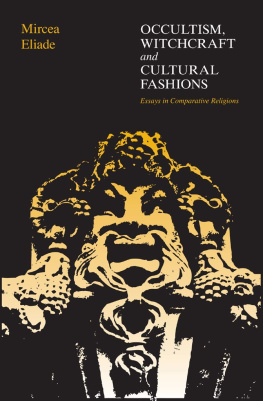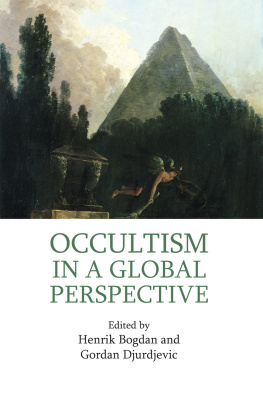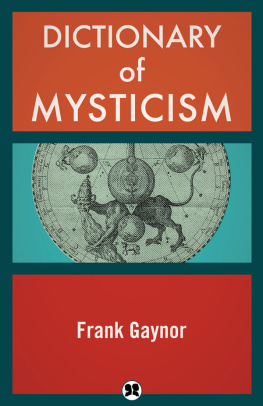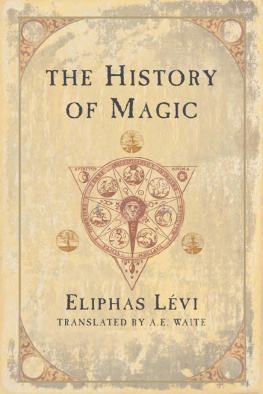CHAPTER 14. THE GOSPEL OF WISDOM
The word gospel is usually associated with one particular form of faith only, with one particular story of never-failing interest; so you may perhaps think its use in Theosophical teaching somewhat strange. I think if you will remember the real meaning of the word you will realize that it should not be so monopolised, for after all the gospel is only the good spell, or the good news. Theosophy also has its good news to bring you; not the good news of salvation, indeed, but the still greater good news that there is nothing to be saved from except your own error and ignorance, that there is no Divine wrath from which you must escape, but that the whole world is moving on in one mighty and glorious order towards an end greater than the mind of man can conceive. This is not a poetic dream, not a mere flight of the imagination, but a certainty which can be seen and known, which can be examined scientifically by those who will take the trouble to prepare themselves for such an investigation. That is one piece of the good news or the gospel which Theosophy has to bring you.
The translation of our name Theosophy is Divine Wisdom, and in the truest sense this divine wisdom has its gospel to bring to you and to everyone. Those of us who have been studying this wonderful philosophy for many years know how truly it has been a gospel to us, for it has changed the whole of our lives, it has taught us how to live and how to die, it has taught us to understand what is the vast scheme of which humanity forms only a small part. The whole world is changed for us because of that knowledge and that wider comprehension. That there is sin, sorrow and suffering in the world we all know well; it seems so sordid, so piteous, so universal, that many of those whose hearts are filled with love and pity and desire to serve feel despair rising within them when they look round and see the condition of the world as it is today. If we had no key to the meaning of it all it would indeed seem that matters are hopeless and that there is nothing to be done, but when once we have the key we begin to understand, and the whole thing takes a different aspect. The great Masters of Wisdom and Compassion who so much desire to serve this orphan humanity, give us a veritable gospel, the good news from on high; for they say to us Rise above all this, look upon it as a whole, and then you will understand it; do not look up from beneath at the underside of life, but rise above it to the higher planes of thought and consciousness and look down and understand; and then indeed you will see that there is good news, good news for all. Have you ever seen the great rapids of Niagara? Imagine the condition of some tiny insect swept down amidst the straws and fragments in that seething torrent! Think how it boils and foams and surges round, and think how that tiny insect would regard it all. To him that world of strife and stress would naturally seem all that there was and all that there could be, and as the water dashed backwards and forwards among the rocks he would sometimes feel himself being irresistibly carried up out of his natural course, against the downward current. Yet, if you stand on the banks of that magnificent gorge, and look down on that marvellous maelstrom of water below, you will see that all the time a majestic current is carrying the whole mass in one direction, and that although there may be whirlpools where part of the water seems to be running backwards for the time, in reality the whirlpools and the straws and the insect are all being swept steadily onwards all the while by that tremendous torrent. Just like that is the view of the strife and sorrow and the trouble of this world which opens before the view of the man who raises his consciousness to a higher plane. He sees what seems to you to be evil, and notes how it is apparently pressing upwards against the great current of progress; and yet he sees that the onward sweep of the Divine law of evolution through the world is like that all-prevailing torrent, and that, in comparison to that, all these little backward currents of strife and stress are like the tiny whirlpool on the surface of the vast river, and that even though they seem to be flowing backwards, they are really being swept forwards all the time. But to see that we need the higher sight, we need to stand above the whirlpool of the lower world, we must get beyond the ignorance of that mind which is never steady. These things need the wisdom which comes from the Divine, and that is why it is the Divine Wisdom of Theosophy which brings us the good news that all is well; not only that all will be well in some far-distant future, but that even now at this moment in the midst of all the strife, the omnipotent current is flowing still, and so all is well because all is moving on in perfect order and with perfect certainty.
The sin and the sorrow and the suffering exist; I am not suggesting that these things are an illusion, though I know that that theory has been held by many. True, if we look down from the plane of the spirit we shall see how small all of this is in comparison with the greater life; yet on the physical plane it is true, and while it lasts it is suffering and it is sorrow; and the man who sees most clearly what is the great truth that lies behind all this, is also the man whose sympathy is the strongest, whose understanding of his weaker brother is the clearest and the fullest, the most pitying and the most forgiving. Indeed, as a French writer has said: Tout comprendre, cest tout pardoner to understand all is to pardon all. The man who understands is the one who sympathizes the most fully; he realizes what a sublime gospel this wisdom has brought to him, and what it will bring to these poor sufferers also when they can rise to its comprehension. There is no department of our life in which this good news does not aid us, no moment of our existence at which it does not teach us something. We ourselves may mould our own lives when we understand the laws under which we are living. Even if it were for our own advantage alone, it would be necessary for us that we should grasp this law; but when once we see the transcendent scheme of the Logos, when once the reality and the truth of it all is borne in upon our vision, we forget ourselves and our petty interests, our sorrows and our sufferings. We rise above all thought of ourselves altogether, for we see the great, glorious, all-pervading, all-comprehending, all-satisfying and sustaining life, and it fascinates us with the Divinity and the power of it all. When once we have seen that, we think no more of ourselves for ever, for our thought has risen to a higher level, and all our strength is poured out in the service of our fellow-men.
We must see for ourselves, we must have the Divine Wisdom of Theosophy within us, that gospel must enter into our hearts; and then indeed we shall become preachers of that gospel, whether we will or not. For when we ourselves know this thing, even though we may never speak one word to other men, yet our very lives will show forth the gospel in which we believe, for the joy and the glory of it all will shine through us, and our life will be perfect happiness to ourselves, and a centre of sunlight and blessing to others.
Remember that we have lived before, and that in those past lives there was much that was evil as well as (we hope) much that was good. Because in that past we set causes in motion we must in the present bear their results, for cause and effect are only the positive and negative poles two sides of the same thing, and therefore part of one another. The effect not only follows from the cause; it is in truth a part of the cause itself, and so if sorrow or suffering comes to us, we know that this is a destiny which we ourselves have made. See what difference this makes in our attitude toward it. We still suffer, but yet we know that this is a debt which we must pay, and therefore we resolve to clear off that account and to make no more such mistakes. We know that our lives are in our own hands, that we are no more slaves to circumstances, but free men, happy and joyous in the certainty of the Divine scheme. The sorrows of others affect us still, but yet along with our deep sympathy for them we feel within ourselves the joy and the power that come from the knowledge that we can help, that we are no longer crushed in the presence of these great problems of life. When we see our fellow-men we have something new to say to them, we can explain matters to them now, we can clear up their difficulties, we can share our own gospel of wisdom with them. For them, as for us, knowledge will remove difficulties, and will show them that every pain that comes to us is not only the payment of a long-past debt, but is also a great opportunity for us now. Out of the evil of long ago we may make a present good, because we can take these trials and troubles and sufferings and by the way in which we receive them we may make them steppingstones to the higher life, and in bearing them we may develop many of the qualities that go to make up the divine man of the future a future still far distant, but yet within our sight the moment we begin to understand.




